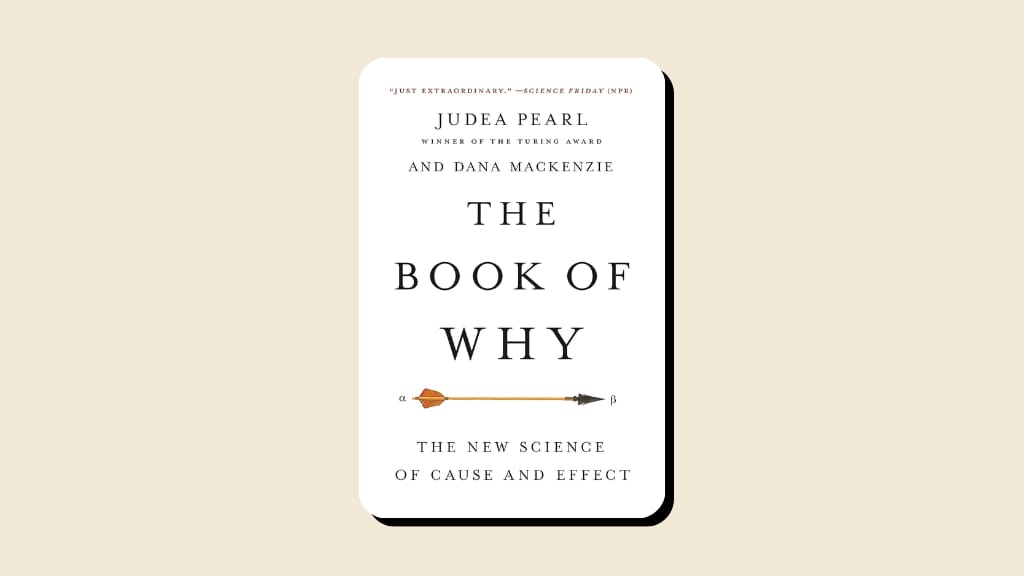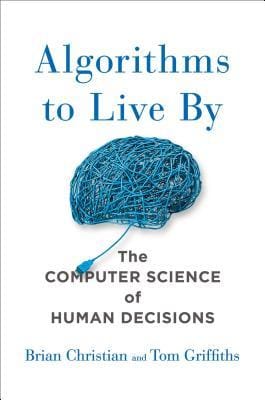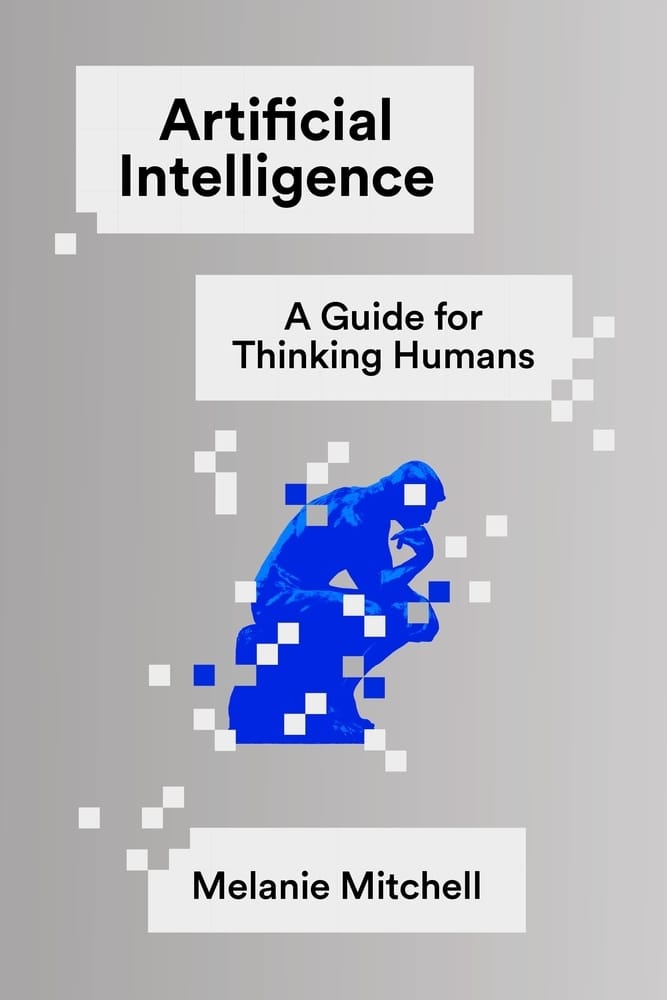- Book Notes
- Posts
- The Book of Why by Judea Pearl
The Book of Why by Judea Pearl


Overview:
The main message of The Book of Why is that understanding causality is the key to answering fundamental questions in science, data, and human decision-making. The book was published in 2018.
Q&A: "The Book of Why"
Q: What does “The Book of Why” focus on?
A: Judea Pearl explores the science of causation and explains how we can go beyond mere correlations to answer "why" questions. He emphasizes that understanding causality allows us to predict outcomes, make better decisions, and discover new truths about the world.
Q: Why is causality so important? Isn’t correlation enough in many cases?
A: Correlation tells us that two things happen together, but it doesn’t explain why they happen. Causality is the missing piece that helps us understand the underlying mechanisms. For example, knowing smoking correlates with lung cancer is helpful, but knowing smoking causes lung cancer is actionable.
Q: What’s new in Pearl’s approach to causality?
A: Pearl introduces a framework called the “causal ladder,” which has three levels:
Association (correlation): What goes with what?
Intervention (causation): What happens if I do something?
Counterfactuals: What would have happened if I had done something differently?
This hierarchy helps us think more rigorously about cause and effect, especially in fields like data science, medicine, and social sciences.
Q: What tools or methods does Pearl recommend for understanding causality?
A: Pearl emphasizes the importance of causal diagrams and structural equation modeling. These tools allow us to visualize and test causal relationships. For instance, a directed acyclic graph (DAG) helps clarify assumptions and identify whether we’re asking the right questions.
Q: How does this apply to AI and machine learning?
A: Pearl criticizes many current AI systems for relying heavily on pattern recognition without understanding causality. He argues that for AI to truly reach human-level intelligence, it needs to reason about cause and effect, not just process data passively.
Q: Can an ordinary person apply these ideas in their life?
A: Absolutely. Pearl’s work shows how thinking about causality can improve everyday decisions. For example, instead of asking, “Does exercise correlate with good health?” you can ask, “If I exercise, will I improve my health?” This causal mindset shifts how we approach problems.
Reflection Thought:
What questions in your life or work could be better answered by focusing on causality instead of correlation?
Community |
1️⃣ Algorithms to Live By | 2️⃣ Beyond Good and Evil | 3️⃣ Artificial Intelligence |
Which of the above three books interests you the most? |
Receive Honest News Today
Join over 4 million Americans who start their day with 1440 – your daily digest for unbiased, fact-centric news. From politics to sports, we cover it all by analyzing over 100 sources. Our concise, 5-minute read lands in your inbox each morning at no cost. Experience news without the noise; let 1440 help you make up your own mind. Sign up now and invite your friends and family to be part of the informed.
Quote for you:
“In the end, science does not explain ‘why’—it only explains ‘how.’”
– Carl Sagan

Thanks for reading, hope you enjoyed this post!

